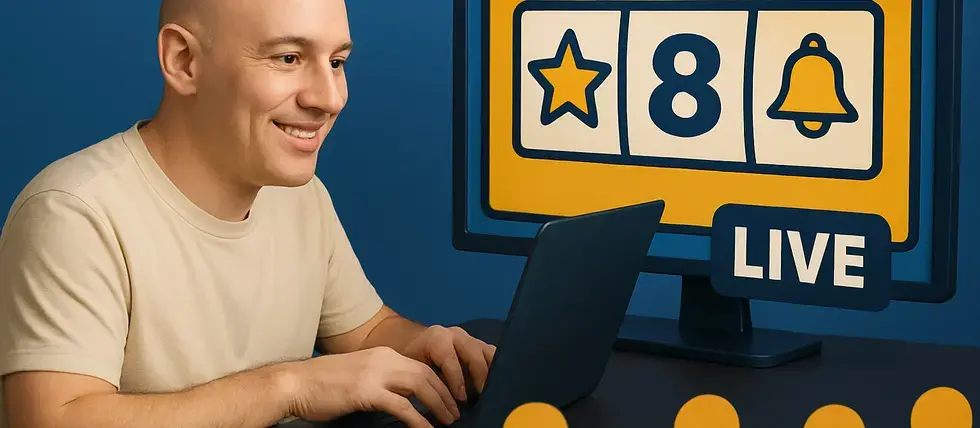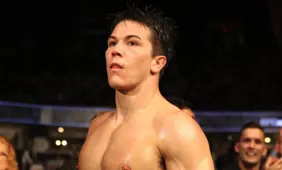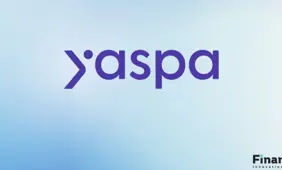Drake Sued as Celebrity Sweepstakes Promotions Collide with Rising Streamer Economy
Class-action suits in Missouri and New Mexico accuse Drake and an affiliated sweeps operator of promoting unlawful online gambling as influencer-led casino streams boom.

Two recently filed class-action lawsuits in Missouri and New Mexico name Canadian rapper Drake and the now-disaffiliated platform Stake.us, alleging that promotions tied to the site led to illegal online gambling and financial harm to consumers. The Missouri filing, which first named Stake.us, Drake, and Adin Ross, marked one of the earliest state-court challenges to sweepstakes-based casino play and set the stage for these broader multi-state claims. The complaints, brought by groups of plaintiffs seeking monetary damages, arrive amid increased regulatory scrutiny of sweepstakes-style casinos and social casino models that have become a staple of influencer content.
Despite legal pressure, many high-profile creators continue to partner with sweeps and social gaming brands. This month, Chanced, a viral gaming creator, celebrated a promotional tie-up with streamer Vegas Matt by flying 10 contest winners and their guests to Las Vegas on an all-expenses-paid trip – part of an ongoing collaboration that leverages Vegas Matt’s 1.3 million YouTube subscribers. Other notable names who cross the boundary between social and regulated gambling include Brian Christopher, who posts daily slot videos under Brian Christopher Slots and holds weekly giveaways tied to Chumba Casino and LuckyLand Slots, and Lady Luck HQ, a content producer active across short- and long-form video formats and a recent partner of FanDuel.
Creators like Stacey of High Limit Slots and the Jackpot Beauties collective stream through platforms such as PlayFame, which lets viewers link their accounts to play alongside their favourite streamers. Slot Hopper operates across McLuck and PlayFame, and both are run by B-Two Operations, one of the companies that has engaged with the Social Gaming Leadership Alliance (SGLA). VGW – the parent company behind Chumba Casino, LuckyLand Slots and Global Poker – also maintains membership in the SGLA, reflecting an industry push to set voluntary standards as legal scrutiny intensifies.
The platform landscape helps explain why creators migrate across services: short clips on TikTok introduce new audiences to gambling content, while Twitch, Kick and YouTube Live host extended sessions and real-time interaction. Kick, which has received backing from Stake, markets itself as a permissive streaming environment with higher revenue shares, a combination that has attracted many gambling creators but also drawn regulatory attention, including litigation in California targeting several operators.
More Regulation News
 Regulation
Regulation
Hernandez Breaks Silence After UFC 324 Fight Canceled over Suspicious Betting
Feb 02, 2026Regulators Eye Celebrity Gambling Promotions
Lawmakers and regulators nationwide are reassessing how sweepstakes casinos and influencer promotions fit within existing gambling statutes. Plaintiffs in the Missouri and New Mexico lawsuits argue that celebrity endorsements blurred the lines between legal promotional games and unlawful wagering. These cases could set precedent for how courts interpret celebrity involvement and platform liability in the digital-era sweepstakes market.
Commenting on the broader trend, Dr. Emily Carter, a gaming policy analyst, said: "We are at an inflection point where celebrity influence meets complex product design. Sweepstakes and social casinos often adopt familiar mechanics from regulated iGaming but operate in a grey zone. When high-profile figures promote these services to millions of followers, regulators and courts are rightly asking whether consumers understood the risks and whether those promotions complied with state laws".
Marcus Flores, chief executive of an industry standards group, added: "Operators, creators and platforms need clearer guardrails. Voluntary codes like those under discussion at the Social Gaming Leadership Alliance are a start, but they cannot substitute for regulation that ensures transparency, age verification and responsible play protections across jurisdictions".
Young adults remain a core audience: platform data and third-party analyses consistently show viewers aged 18-34 make up the lion’s share of engagement with casino streams on emerging services, driving both viewership and monetization for creators. That demographic concentration amplifies concerns among public health advocates and regulators about exposure to gambling content.
How the Missouri and New Mexico suits unfold will be closely watched by the industry, creators and regulators. A legal win for plaintiffs could prompt more conservative brand deals and faster moves toward standardized disclosures; a defense victory might embolden further celebrity partnerships. Either way, the outcome will influence where the boundary between social gaming promotion and illegal gambling is ultimately drawn.
RELATED TOPICS: Regulation
Most Read
Mississippi Committee Advances Bill to Criminalize Online Sweepstakes Casinos
Jan 29, 2026Giuseppe Iadisernia Wins Seminole Hard Rock Lucky Hearts Poker Open Championship
Jan 28, 2026Must Read
 Interviews
Interviews
Exclusive Interview: Levon Nikoghosyan Shares AffPapa Winning Formula for Successful iGaming Events
Dec 03, 2025 Interviews
Interviews





Review this New Post
Leave a Comment
User Comments
Comments for Drake Sued as Celebrity Sweepstakes Promotions Collide with Rising Streamer Economy